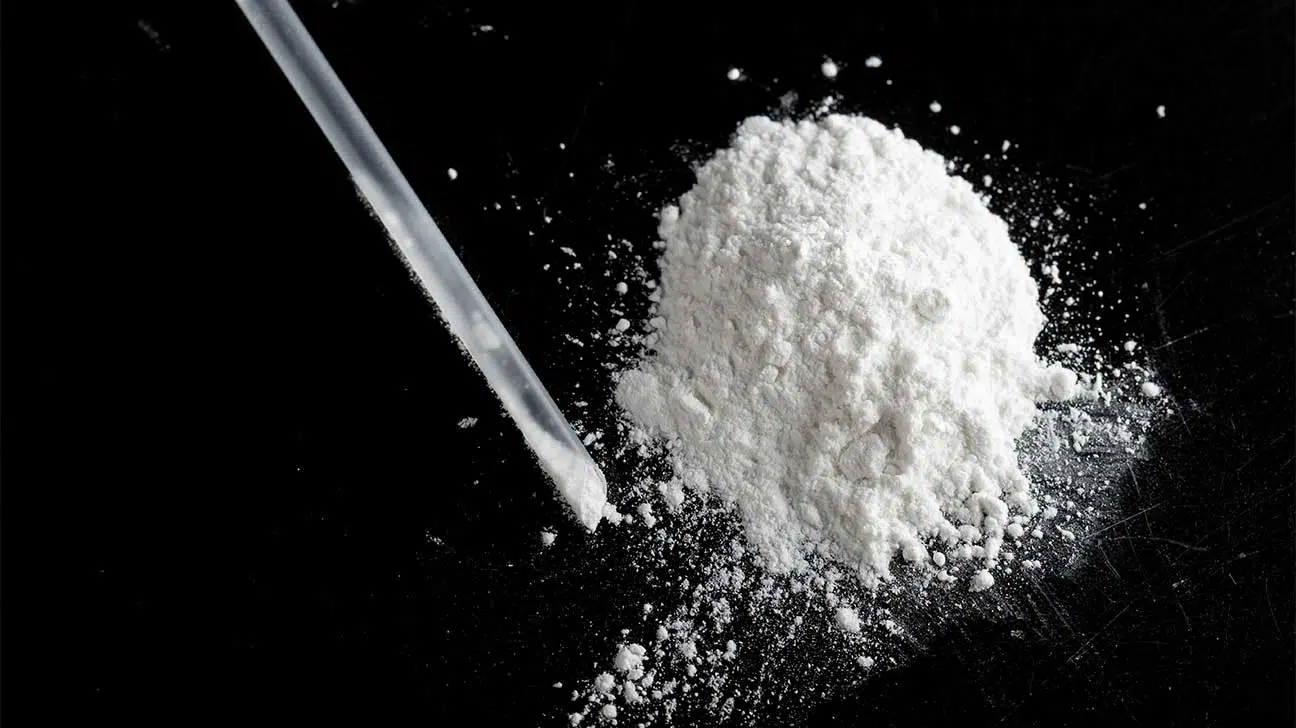How Long Can Ketamine (Special K) Be Detected In Your System?
Ketamine is a hallucinogenic drug that can be detected between 1 day and 90 days via drug testing. The metabolites left behind in a person’s body from ketamine may remain for 4 to 5 days.

Ketamine is a dissociative drug that causes hallucinations. The dissociative subtype can also cause feelings of disconnection from the body.
Also known as the street drug name “Special K,” this substance can be used as sedation for surgery, or to help with treatment-resistant depression. It is also used illicitly as a recreational drug of abuse.
Ketamine can be detected in a person’s system via specialized testing for 1 day (oral fluid testing) or up to to 90 days (hair follicle testing).
Read on to learn about the detection times for other types of hallucinogen drug tests.
How Long Does Ketamine Stay In Your System?
The average detection times will vary depending on the type of test used to detect ketamine use. Below are the drug test times for urine, blood, saliva, and hair follicle testing.
Detection Times For Ketamine Urine Tests
A urine sample can yield positive results for 2-4 days after a person’s last use of ketamine. This can be done via rapid testing onsite, or it can be sent to a lab for more thorough testing.
Detection Times For Ketamine Blood Tests
For about 2 days, a blood sample can determine ketamine substance use. It is mostly used when very recent drug use is suspected, and samples must be sent to a lab for testing purposes.
Detection Times For Ketamine Saliva Tests
Ketamine use can be determined for up to 1 day via oral fluid. The Substance Abuse and Mental Health Services Administration (SAMHSA) considers saliva tests to be as accurate as urine tests.
Detection Times For Ketamine Hair Tests
How long ketamine stays in hair samples is much longer than other forms of testing. Traces can be found in the core of a hair follicle for up to 90 days, and in some cases, even longer.
How Ketamine Is Metabolized In Your Body
The metabolic rate of ketamine is partially determined by the half-life of the drug. This is the amount of time it takes for half to be flushed from your system. In this case, it is 45 minutes.
Before ketamine is fully removed from your body, it can be detected in blood samples. It takes about 4 to 5 half-lives on average for ketamine to be fully removed from your system.
After it has left your body, ketamine metabolites (the chemical markers left behind after substance use) can be found in other bodily samples for varying lengths of time.
Why Would I Need A Ketamine Drug Test?
Ketamine drug testing can be done because a person is suspected of engaging in ketamine substance abuse. This may be at the request of law enforcement, a court, or your employer.
The effects of ketamine mean that it can be used as a sedative, anesthetic, or antidepressant. Unfortunately, these effects are why it is often added to drinks as a “date-rape” drug.
Having ketamine at a high enough level in your system can induce a state between intoxication and a coma, commonly referred to as a “k-hole.”
Signs of this include losing the ability to speak or move easily, limited awareness of your environment, elevated blood pressure, increased heart rate, and seizures.
Treatment For Ketamine Abuse
Are you or someone you know experiencing ketamine abuse? The addiction specialists at Spring Hill Recovery Center are just a phone call away.
The healthcare treatment options available at our facility can help you or your loved one to detox, deal with withdrawal symptoms, and move forward toward sobriety.
- Drug Testing and Analysis — Detecting ketamine in beverage residues: Application in date rape detection https://analyticalsciencejournals.onlinelibrary.wiley.com/doi/10.1002/dta.335
- National Institute of Health | National Center for Biotechnology Information Bookshelf — Ketamine https://www.ncbi.nlm.nih.gov/books/NBK470357/
- National Institute of Health | National Center for Biotechnology Information (NCBI) — The Role of Ketamine in Treatment-Resistant Depression: A Systematic Review https://www.ncbi.nlm.nih.gov/pmc/articles/PMC4243034/
- National Institute of Health | National Institute on Drug Abuse (NIDA) — Hallucinogens DrugFacts https://nida.nih.gov/publications/drugfacts/hallucinogens


